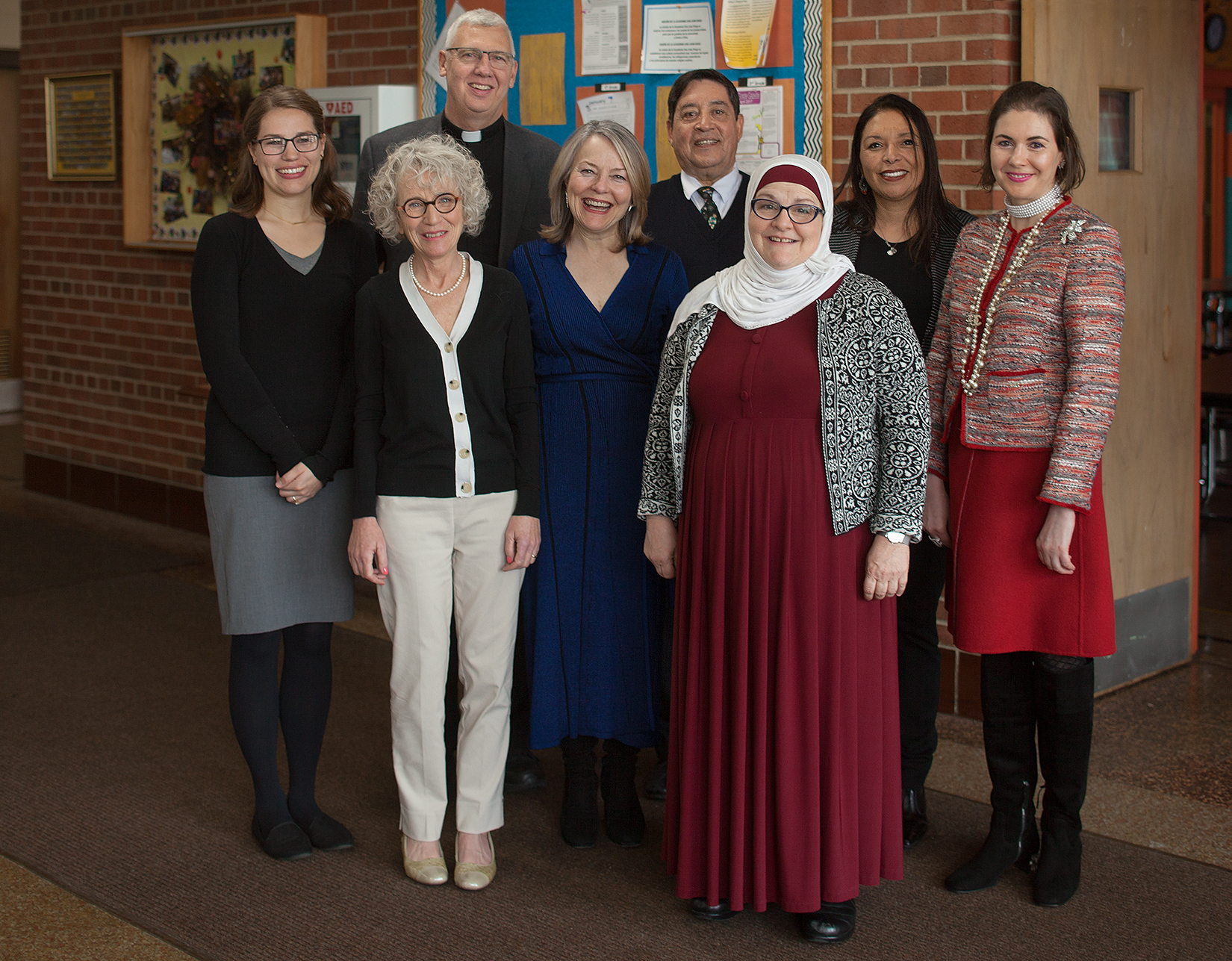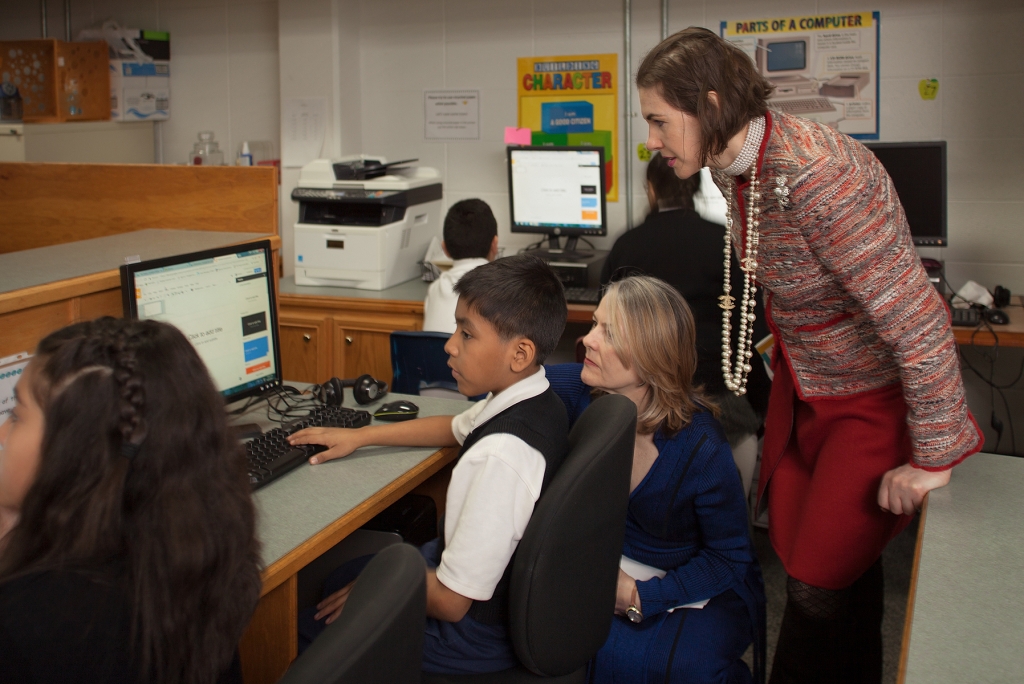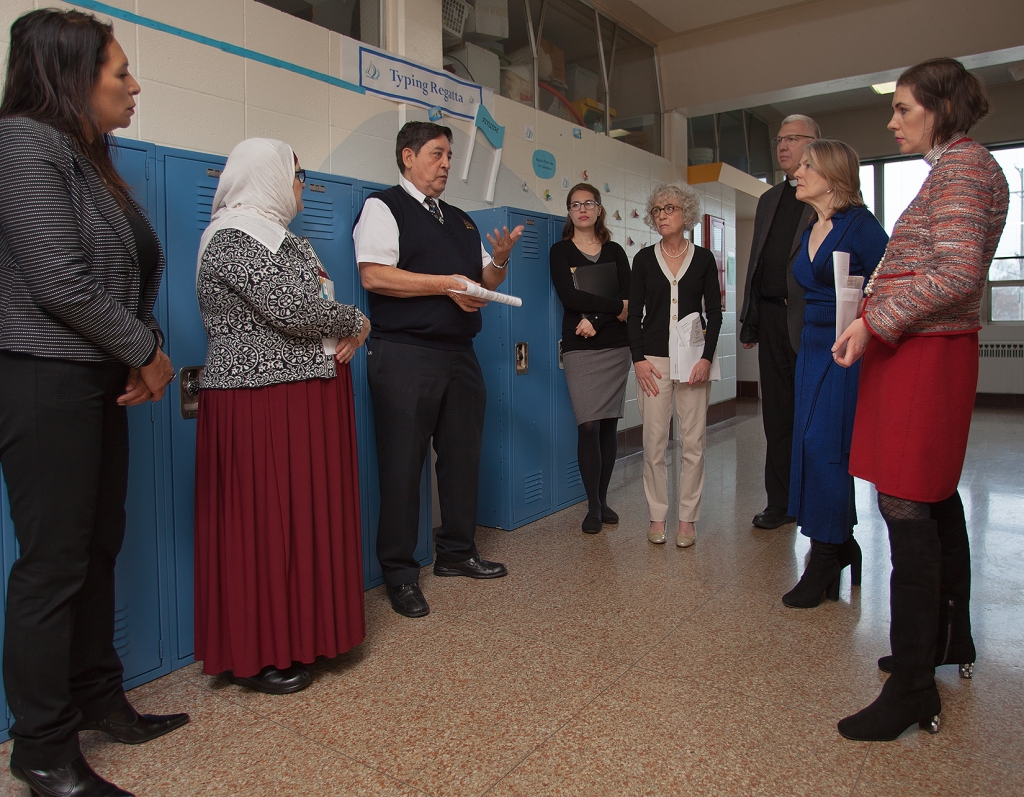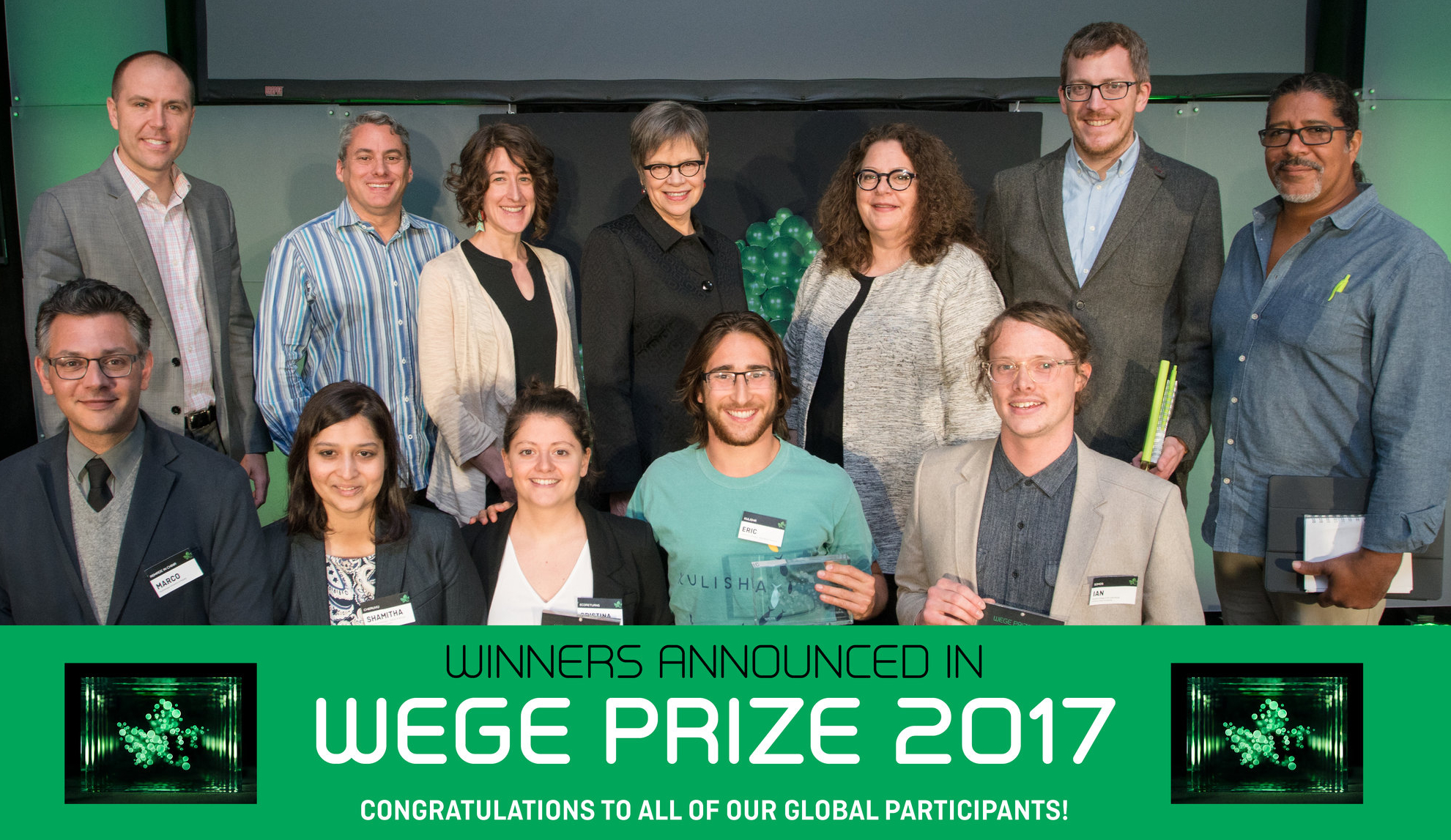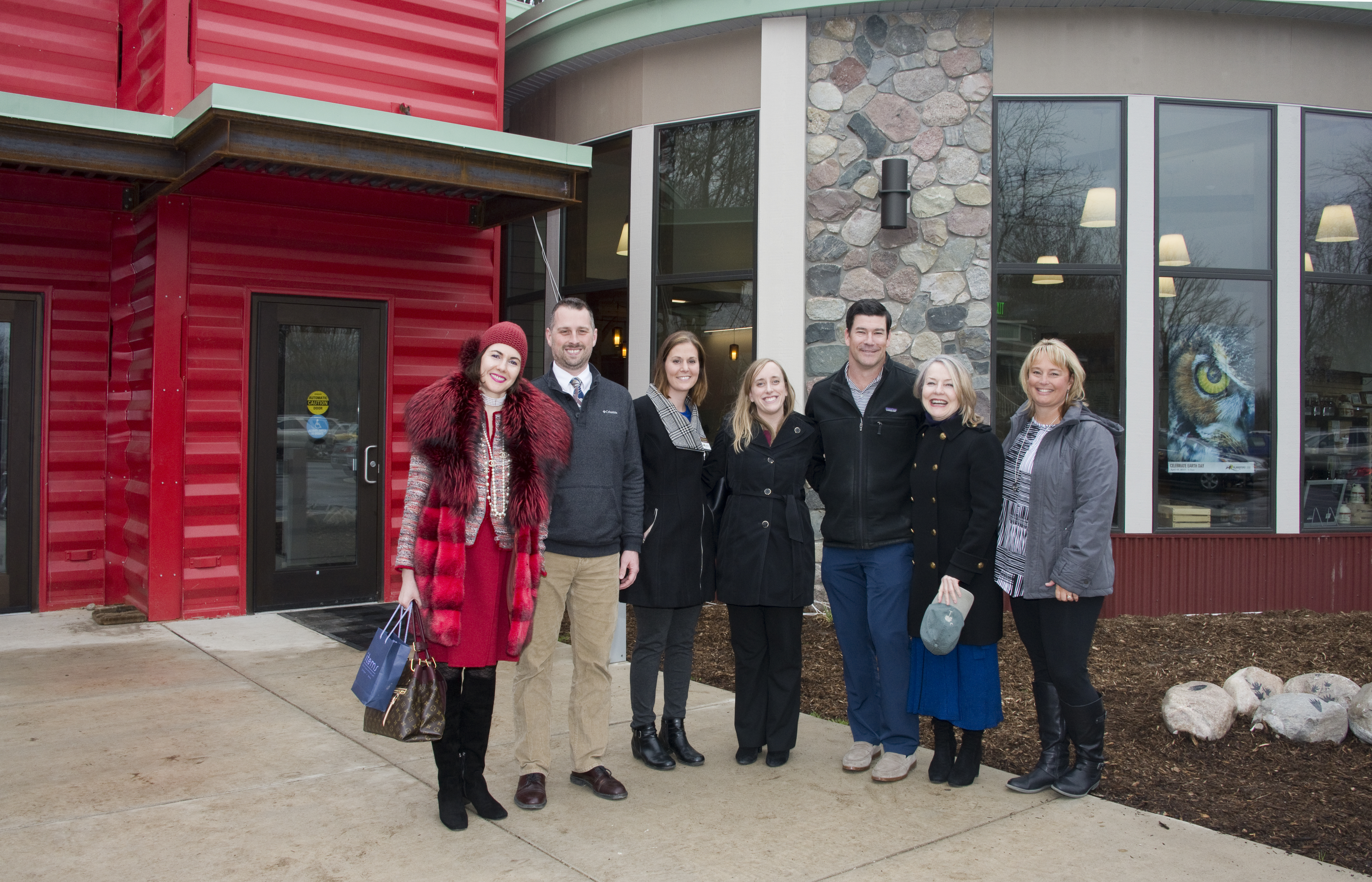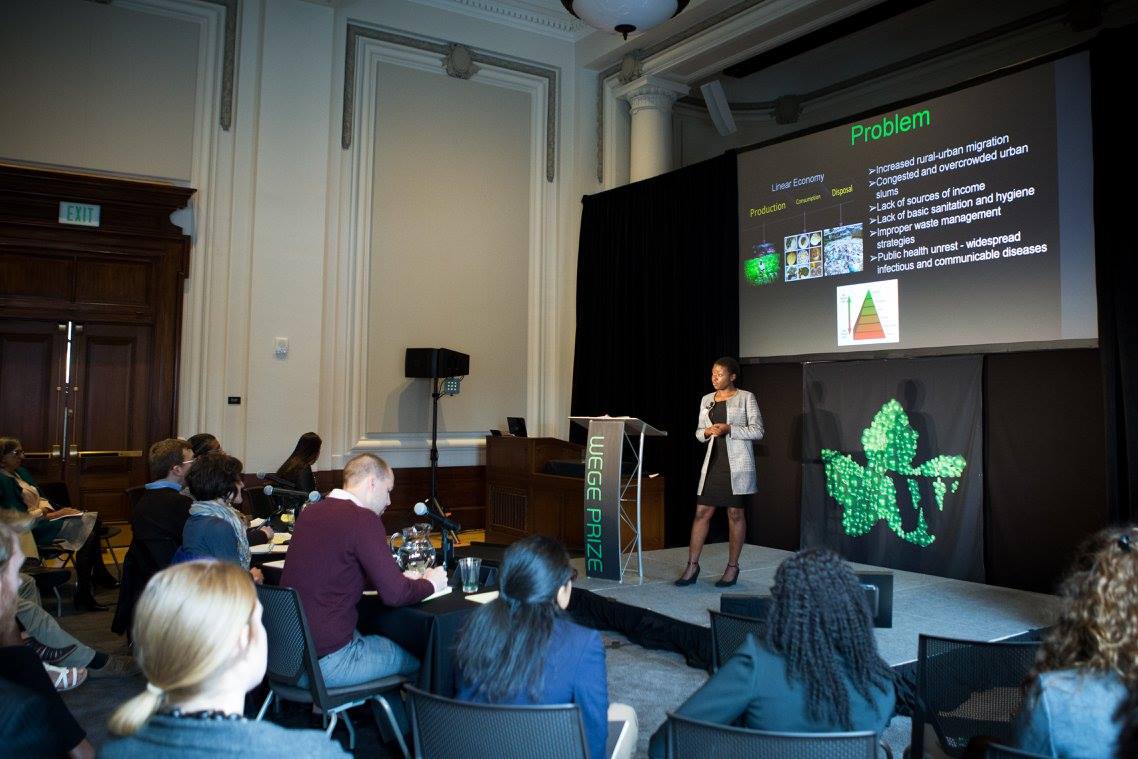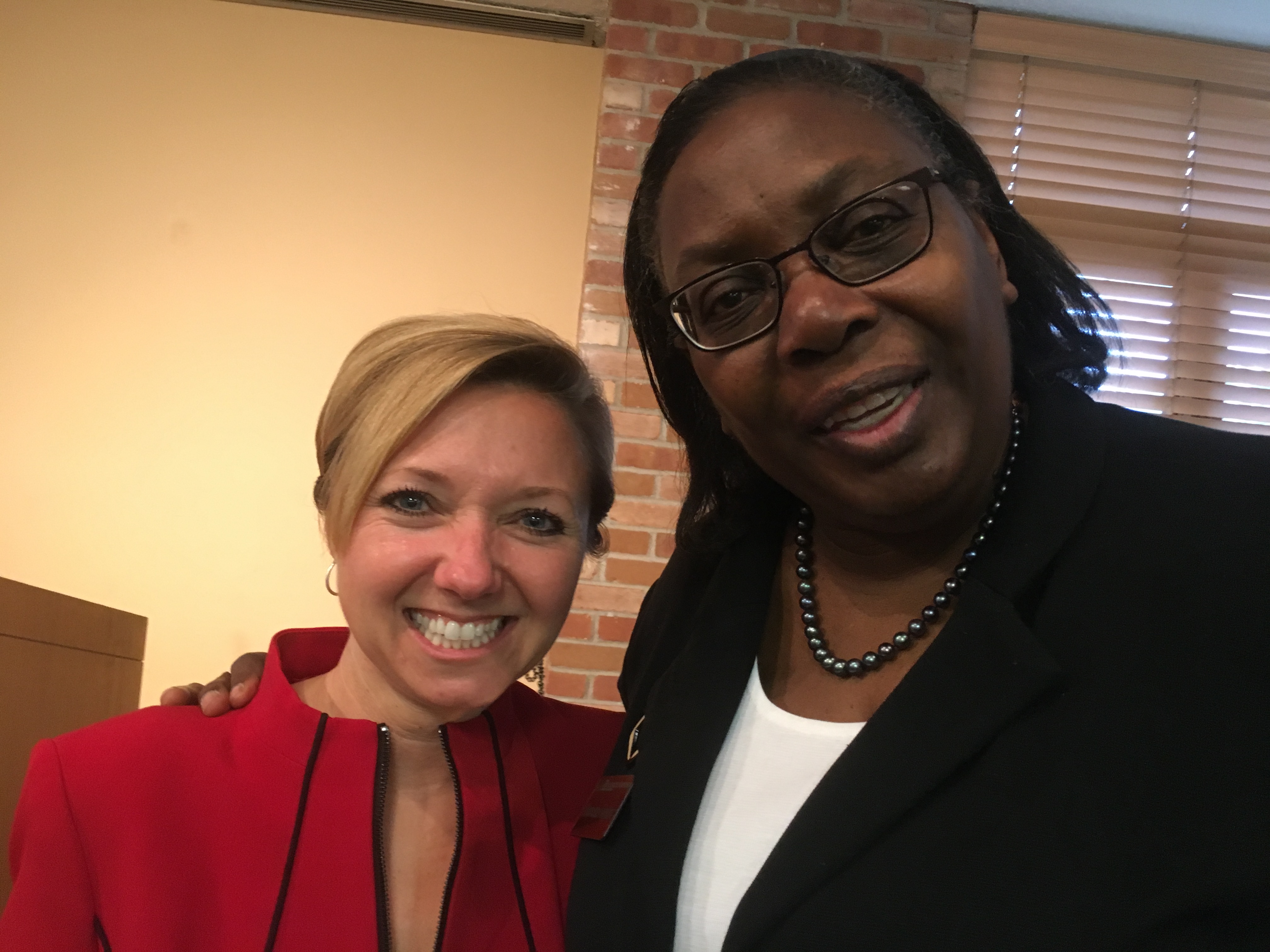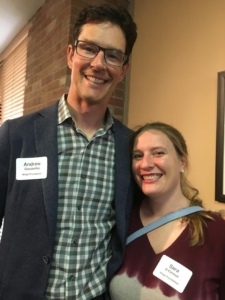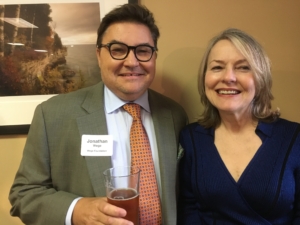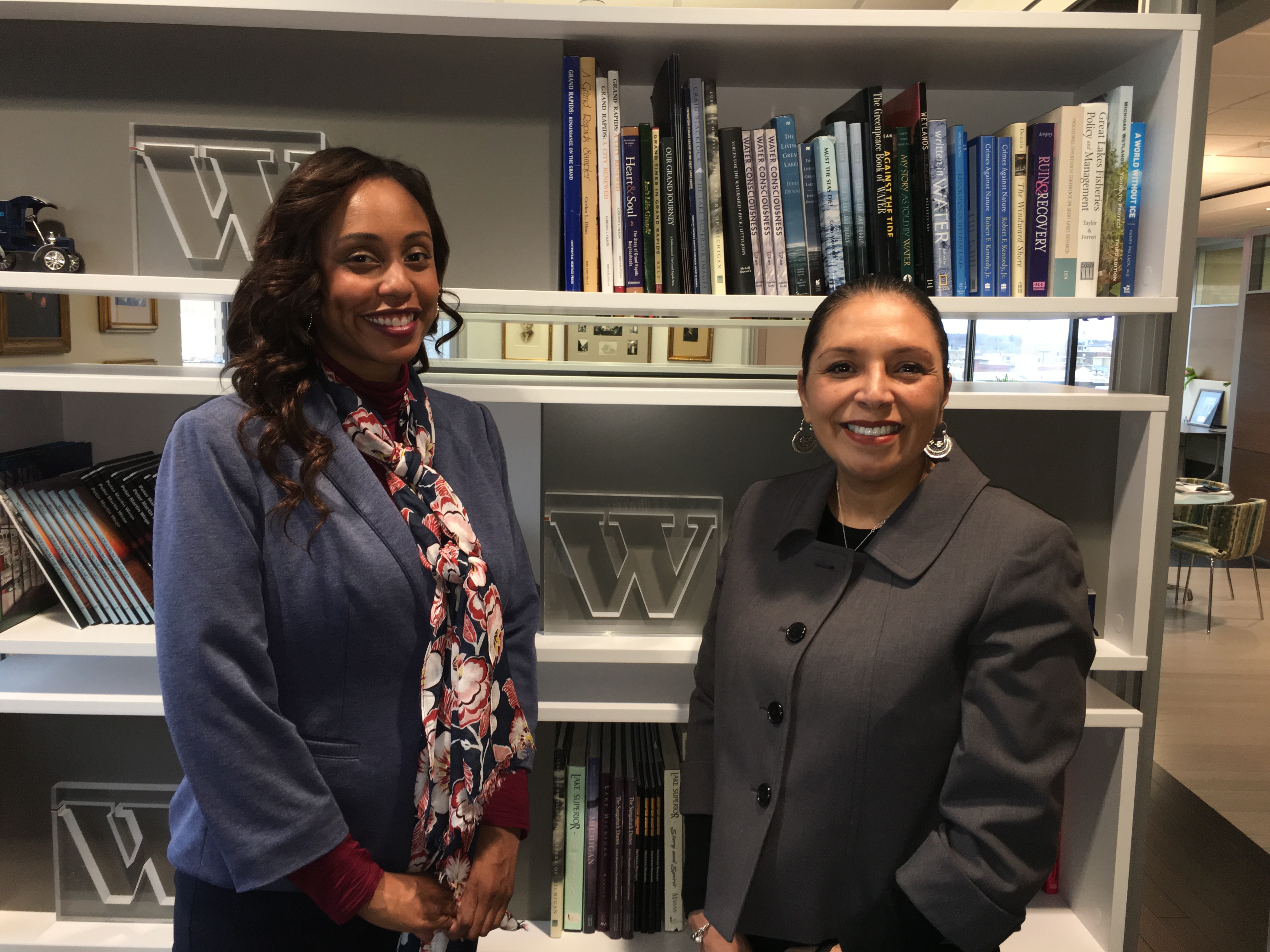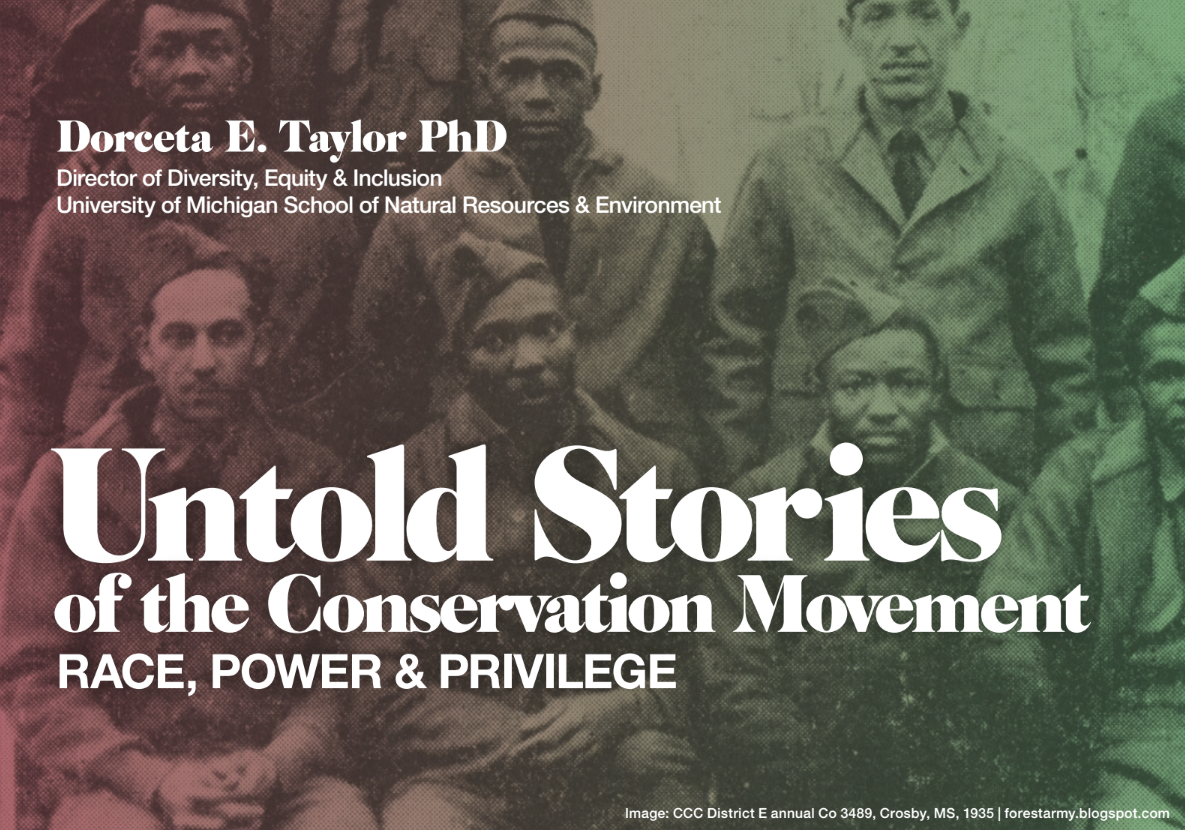Winning teams announced in Wege Prize 2017; 2018 competition launched
Collaborative team from Brown University, University of Michigan wins $15,000 top prize with solution to transform organic waste into animal feed and agricultural fertilizer; plans real-world prototype with Texas-based microbrewery
Grand Rapids, Mich. May 19, 2017 – Kendall College of Art and Design of Ferris State University’s (KCAD’s) Wege Center for Sustainable Design has announced the winners of Wege Prize 2017, the fourth iteration of the annual design competition challenging transdisciplinary teams of college/university students from around the world to rethink and redesign the way economies work.
The five finalist teams in Wege Prize 2017 presented their solutions to a judging panel of leading practitioners and advocates of design thinking and sustainability at the 2017 Wege Prize Awards, held on May 19 at KCAD. The teams’ solutions were evaluated on factors such as depth of research, technological and financial feasibility, alignment with circular economic principles, and potential for impact.
Winners:
1st Place – $15,000
Team name: Kulisha
Maya Faulstich-Hon – Environmental Science, Brown University (Undergraduate)
Eric Katz – Business, University of Michigan Ross School of Business (Undergraduate)
Jon Luthy – Industrial and Operations Engineering, University of Michigan College of Engineering(Undergraduate)
Katie Matton – Computer Science, University of Michigan College of Engineering (Undergraduate)
Viraj Sikand – Environmental Science, Brown University (Undergraduate)
Solution: Kulisha developed a solution focused on working with food and beverage processing plants to convert their organic waste products into an insect-based protein that can be used in animal feeds and as an agricultural fertilizer. Their system integrates a type of insect called the black soldier fly into food and beverage plants to decrease disposal costs while creating additional value from waste that would otherwise be discarded.The team has already secured a relationship with an Austin, Texas-based microbrewery, where they’ll soon begin testing a prototype of their system in an on-site facility.
“This solution is a genuine contender to solve two problems: eliminating a major food waste problem while providing a viable alternative to the current method of depleting fish stocks to generate the protein used in animal feed,’ said judge Colin Webster, an education programme manager with UK-based nonprofit The Ellen MacArthur Foundation. “It was clear to the judges that a tremendous amount of effort has been put into the development of this solution. It’s on the cusp of being trialed in a major way, and we’re really looking forward to seeing how that unfolds.”
2nd Place – $10,000
Team name: SOMOS
Enrique Andrade – Industrial Design, Kendall College of Art and Design of Ferris State University(Undergraduate)
Taylor Axdorff – Industrial Design, Kendall College of Art and Design of Ferris State University(Undergraduate)
Ian Culver – Collaborative Design, Kendall College of Art and Design of Ferris State University(Undergraduate)
José Sanabria Vindell – Renewable Energy Engineering, Autonomous University of Nicaragua Faculty of Science and Engineering (Undergraduate)
Alex Santiago Ramírez Cárdenas – Environmental Engineering, Autonomous University of Nicaragua Faculty of Science and Engineering (Undergraduate)
Solution: SOMOS developed a solution focused on helping small coffee farmers operating in Nicaragua’s Miraflor Natural Reserve halt the negative environmental impact of their production process while also taking advantage of the waste byproducts of that process to produce other raw materials which can be exported for additional revenue.
The team’s solution was informed by extensive localized research and observation. Team members from Kendall College of Art and Design of Ferris State University travelled to Nicaragua on several occasions to interview key stakeholders in Miraflor’s coffee production industry alongside their Nicaraguan teammates.
“SOMOS was succinct in both their presentation and the way they addressed our questions, and that allowed the strengths of their solution to come to the surfaces,” said judge Christopher Carter, an educator and nationally known sculptor who’s also a Next-Gen Board Member of The Wege Foundation. “What really impressed us most was the team’s on-the-ground approach; they went to the source of the problem and were deeply inspired by what they encountered. This solution could be adopted by other mountainous coffee farming regions, and that’s a great story.”
3rd Place – $5,000
Team name: Cheruvu
Nikhitha Rao Cheeti – Public Policy, University of Michigan Gerald R Ford School of Public Policy(Graduate)
Aniket Deshmukh – Electrical and Computer Engineering, University of Michigan College of Engineering (Graduate)
Shamitha Keerthi – Resource Ecology Management, University of Michigan School of Natural Resources and Environment (Graduate)
Samhita Shiledar – Chemical Engineering/Sustainable Systems, University of Michigan College of Engineering/School of Natural Resources and Environment (Graduate)
Kavya Vayyasi – Sustainable Systems, University of Michigan School of Natural Resources and Environment (Graduate)
Solution: Using their home country of India as a case study, Cheruvu developed a solution focused on the creation of a sustainable enterprise that employs crop science, machine learning, and crowd analytics to help farmers in India increase crop yields, mitigate risk, and improve their economic standing by providing them with access to high-resolution data on best agricultural practices, soil nutrients, climate, and satellite imagery.
Like SOMOS, the members of Cheruvu developed their project largely through on-site interaction with those most affected by the problem they were trying to solve. The team, composed of five students originally from India who are currently pursuing their graduate studies at the University of Michigan, conducted extensive interviews with farmers in India who are struggling to maintain profitability, as well as other key stakeholders.
“We were really struck by the depth of the ground fieldwork undertaken by Cheruvu. The team was able to prototype their solution in a real-world context, and we were touched by how much they cared about helping small farmers compete in what is an increasingly complex and evolving industry,” said judge Gretchen Hooker, a biomimicry specialist with the Biomimicry Institute. “Moving forward we’re interested to see how their solution can help farmers reduce their dependence and chemical fertilizers and encourage them to adopt a circular model that prioritizes the ongoing health of the soil.”
The other two finalist teams—EcoReturns and Remade in China—were each honored with a $1,000 Finalist Award for earning a place in the final stage of the competition.
EcoReturns, which included undergraduate and graduate students from the University of British Columbia, Yale University, and Lund University, focused on rethinking seafood production in ways that directly address the impact on marine ecosystems while promoting community involvement and consumer engagement. The team presented an investment model that enables individual and institutional investors to support marine ecosystem restoration and the adoption of sustainable, small-scale management practices in British Columbia’s fisheries while obtaining both ecological and financial returns.
Remade in China, an all-graduate student team representing Parthenope University of Naples, Beijing Normal University, and Delft University of Technology, presented a solution focused on the development of a modeling tool that can help urban environments develop food, energy, and water systems that unite policy and technology to meet consumer needs while maximizing both the value of resources and the systems’ ability to recover and reuse them.
Previous competitions were open exclusively to undergraduate students, but for 2017 Wege Prize was open to both undergraduate and graduate students worldwide. Teams were asked to create a solution to the following “wicked” problem: How can we create a
circular economy? Each team – composed of five students and representing different academic institutions and majors of study – had to leverage its transdisciplinary makeup to collaboratively design and propose a product, service, business, non-profit organization, or other solution that could function within and help create a paradigm shift towards a circular economy.
Unlike our current linear model, in which we take, make, and dispose, a circular economic model is restorative by design and aims to keep products, components, and materials at their highest utility and value at all times. Using a systemic approach, teams had to not only design a compelling and innovative solution, but consider its economics and viability within natural, social, and financial systems as well.
“All of the finalist teams in Wege Prize 2017 have displayed an extraordinary amount of courage, dedication, and compassion for the future of our world, and for that we thank them,” said KCAD President Leslie Bellavance. “I challenge all of our finalists to use their experiences in this competition to continue moving forward, to expand on their existing ideas and to remain fearless in building the future.”
The five finalist teams were chosen out of an original field of 25 teams representing 38 different academic institutions from 17 countries around the world. Over the course of seven months, teams developed their ideas from a one-page proposal into a multifaceted design solution informed by their own research, ideation, and experimentation as well as direct feedback from the judges, culminating in the final presentations on May 19.
“With the inclusion of graduate students for the first time in this year’s competition, we were thrilled to see an increase in participation and geographical reach as well as many teams combining undergraduate and graduate students,” said Gayle DeBruyn, KCAD Sustainability Officer, Collaborative Design program chair and Wege Prize organizer. “As the competition grows, so too does the commitment of the teams and the strength and cogency of their ideas. As we congratulate this year’s winners, we also look forward to the incredible possibilities that lie ahead.”
Thanks to the continuing support of The Wege Foundation, Wege Prize 2018 will be open to any undergraduate or graduate student in the world and will again be focused on the circular economy.
Team registration will open in August 2017, but those interested in participating are encouraged to begin building their teams and brainstorming ideas now by connecting with other potential participants on the Wege Prize Facebook Group. Educators and other professionals who are interested in contributing their expertise are encouraged to contact wicked@wegeprize.org for more information.
Details about Wege Prize 2018 will be revealed in the coming weeks on wegeprize.org.
About Wege Prize:
Wege Prize, a West Michigan-born concept developed by Kendall College of Art and Design of Ferris State University’ (KCAD’s) Wege Center for Sustainable Design with the support of The Wege Foundation, is a collaborative design competition that gives teams of college students the chance to work across disciplines, use design thinking principles, and contend for $30,000 in total cash prizes, all while helping to show the world what the future of problem solving looks like. The challenge is to design a product, service, or business model that can function within and help create a paradigm shift towards a circular economic model. To learn more, go to wegeprize.org.
About The Wege Foundation:
Planting seeds that develop leaders in economicology, health, education, and arts, and enhance the lives of people in West Michigan and around the world. For more information, please visit wegefoundation.org.
About KCAD:



